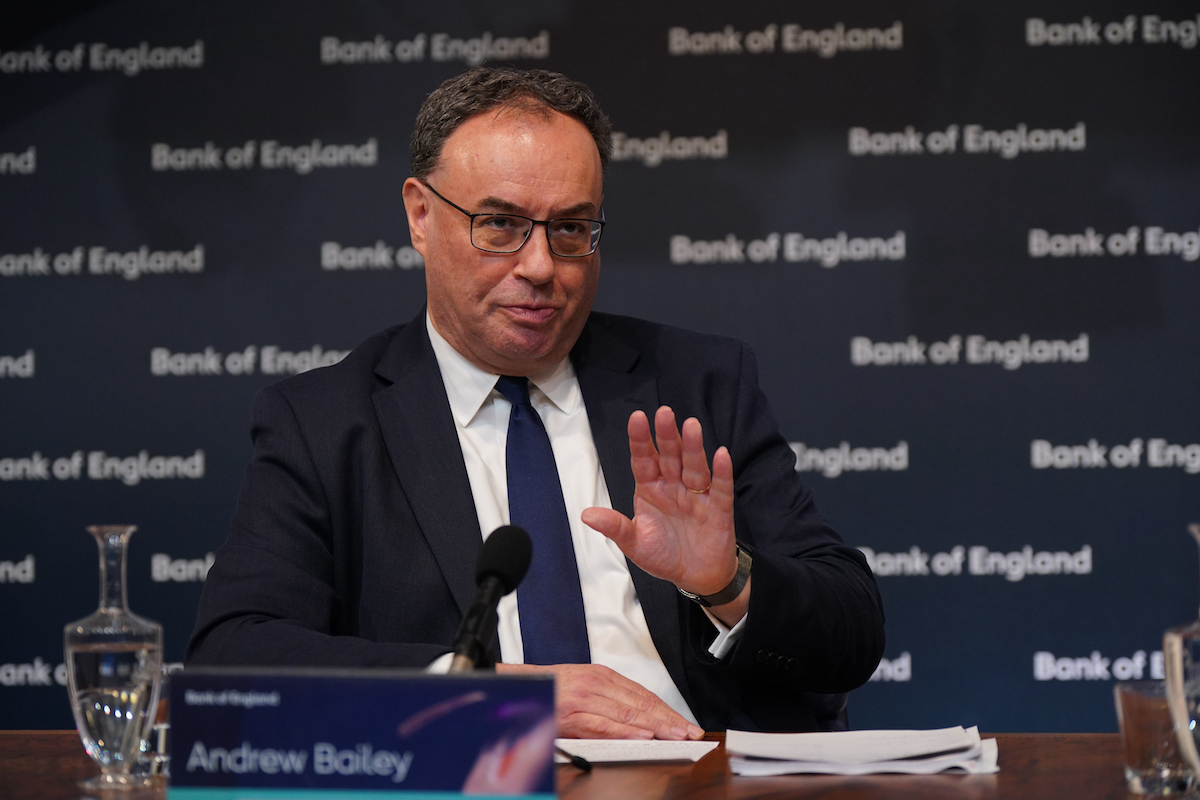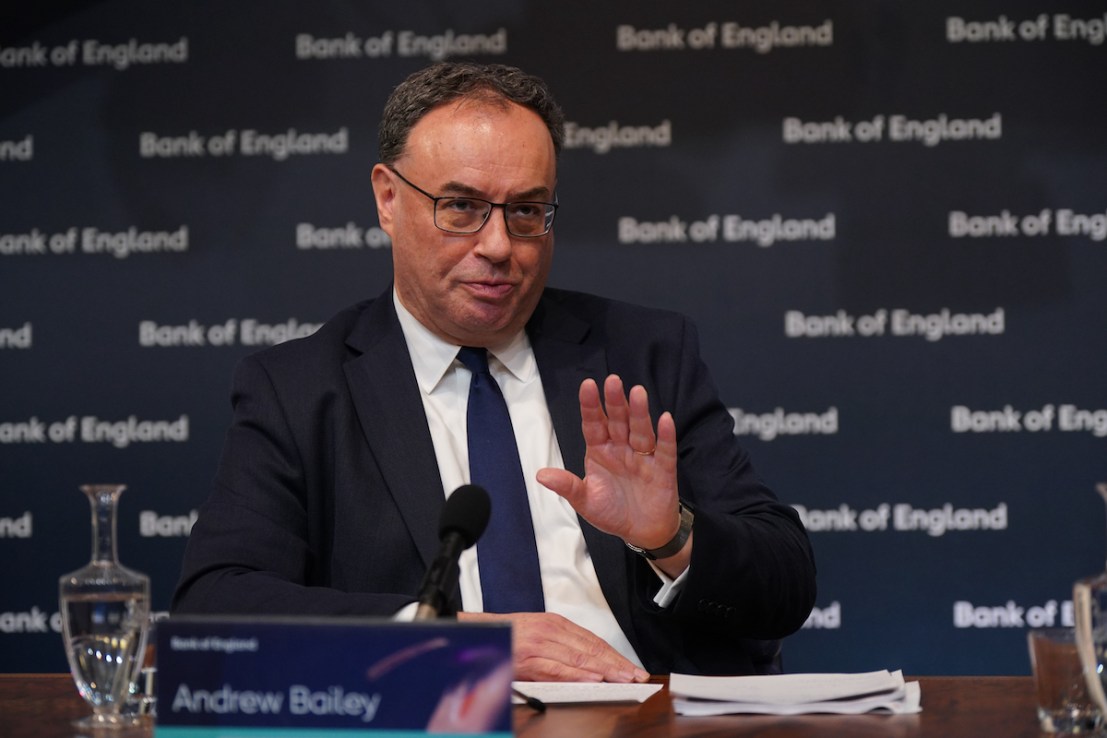Bank of England more likely to back faster rate cuts after inflation surprise
New figures showed that inflation came in below the two per cent target for the first time since April 2021.


Has the Bank of England finally tamed the inflation beast?
New figures showed that inflation came in below the two per cent target for the first time since April 2021.
The consumer price index fell faster than expected to 1.7 per cent, down from 2.2 per cent in August. Core inflation also dropped more quickly than markets had anticipated.
Perhaps most importantly, services inflation – the most important single indicator of domestic inflationary pressures – plummeted to 4.9 per cent from 5.6 per cent before, the first time it has been below five per cent since May 2022.
The Bank of England had expected services inflation to be stuck at 5.5 per cent in September, so it has fallen much faster than expected.
Last month Governor Andrew Bailey indicated that he would support “more aggressive” rate cuts if there were signs of greater progress on inflation. Combined with easing wage growth yesterday, the case for faster cuts will be growing.
Markets drew the obvious conclusion.
Sterling dropped around 0.5 per cent while gilt yields also fell sharply. A rate cut next month is now pretty much certain while a December cut also looks more likely than not.
However, there are a few reasons to be cautious.
As Matthew Chapman, associate partner at McKinsey, said: “The big question now is whether inflationary pressures could build again”.
The sharp fall in services inflation was driven by a nearly 35 per cent month-on-month drop in airfares, a notoriously erratic component of the basket.
Rob Wood, chief UK economist at Pantheon Macroeconomics, said: “Airfares are extremely volatile and will surely unwind a good chunk of that record September drop.”
So don’t read too much into the steep drop.
Economists also expect inflation to climb over the remainder of the year, rising to around 2.7 per cent. That’s largely because Ofgem’s new price cap will increase household energy bills by nearly 10 per cent, so a hefty increase is already baked into October’s figures.
There are a range of other uncertainties to the inflation outlook, not least this month’s Budget.
Rising oil prices may also put upward pressure on petrol prices in the coming months while the full impact of this summer’s public sector pay rises has yet to be felt.
Still, there’s no doubt that today’s figures were good news. The figures will likely ensure that inflation does not rise in the rest of this year as much as the Bank of England had previously expected.
Even excluding airfares, services inflation is much lower than Bank officials had expected. James Smith, UK economist at ING, said the latest fall “looks genuine and the BoE will be taking note”.


